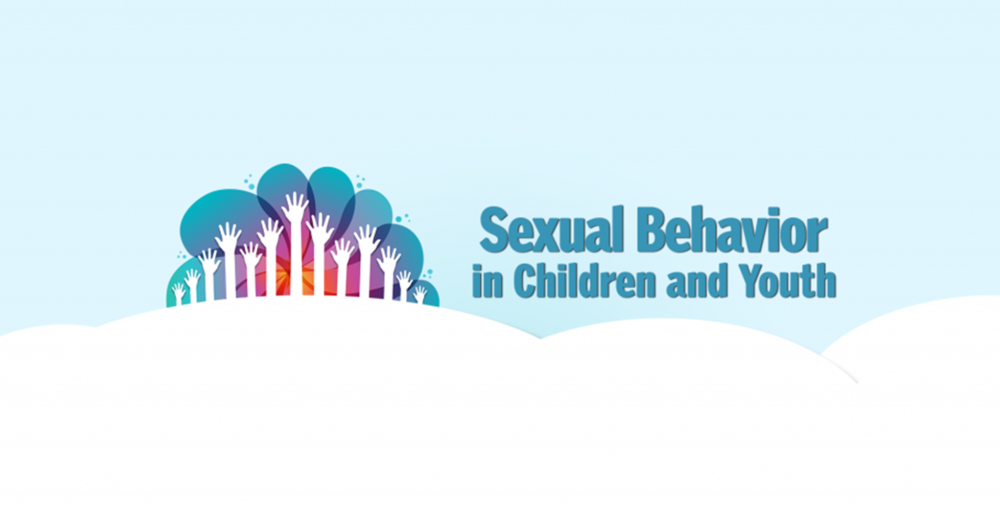About This Webinar:
Participants of this session will develop an understanding of adolescent social, emotional, cognitive, and moral development. Normative sexual development of teens ages 13 to 18 will be addressed. Factors that may contribute to adolescents engaging in problematic sexual behaviors will be highlighted. Protective factors will be discussed and emphasized as possible strategies for supporting healthy behavior.
Learning Objectives:
By the end of this webinar presentation, attendees will be able to:
- Recognize normative, age-appropriate adolescent social, emotional, cognitive, and moral development.
- Discuss the impact of the adolescent brain on impulsive behavior, reasoning, and responsiveness to feedback.
- Identify strategies for approaching adolescents and supporting healthy behavior.
- Participants will review current research on adolescents with illegal or problematic sexual behavior and re-examine previously held beliefs.
Presenter
Renee Roman, LMSW, is a practicing New York State Licensed Social Worker with over twenty-nine years of experience. She is currently employed as a Consultant and Trainer. She attended Alfred University for her bachelor’s degree and obtained her master’s in social work from SUNY Albany with a concentration in children and families.
Ms. Roman is an adjunct professor at SUNY Albany in the MSW Program. She trains the Sexual Abuse Dynamic Training (SADIT) and Brief Interview Training for Foster Care and Prevention Workers for Fordham University.
RSVP to Register!
Please RSVP for this free webinar here: https://militaryfamilieslearni...rk.org/event/100138/
The connection information will be emailed to you once you RSVP.


Comments (1)